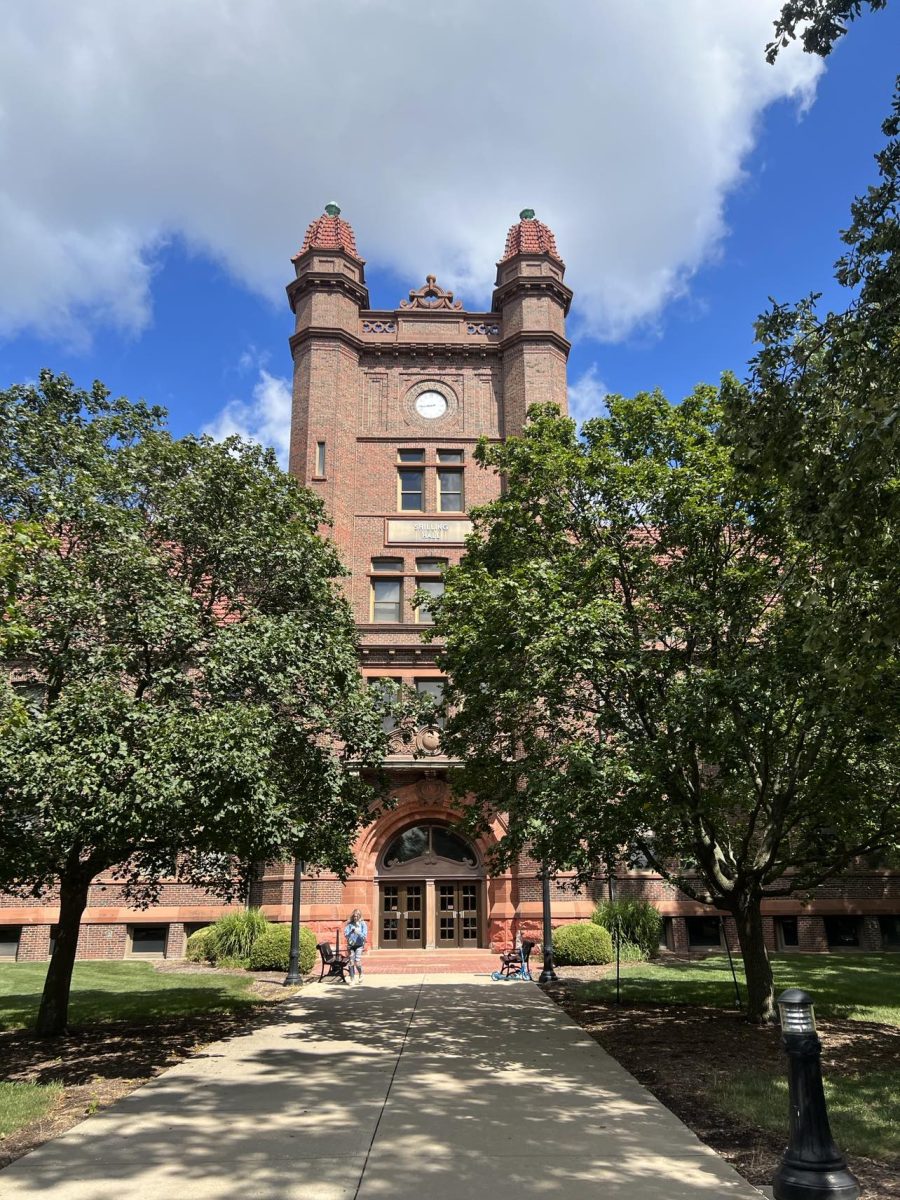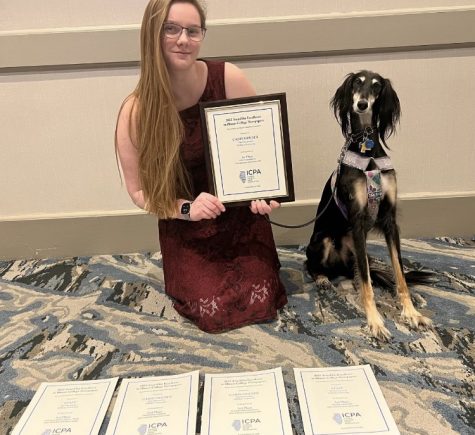After another long year of financial stringency for the university, President Jim Reynolds is cautiously optimistic about Millikin’s current financial position. With the data currently available to him, Reynolds does not expect another round of cuts this year.
“We talk a lot about we can’t cut our way to prosperity,” Reynolds said, “I think that we’ve had to do the necessary things to help us to start to deal with a pretty significant financial issue that we faced. And we’ve done that and so now it’s really about recruitment and retention,”
According to Reynolds, retention for first-year to second-year students is up 4% this semester.
“One year is not a trend, but I feel like we’ve made some difficult but good decisions and we have a good group of people that are working on the issues going forward,” Reynolds said.
When Reynolds came to Millikin in 2020, he knew the university had some financial issues to straighten out, but he was unaware of the magnitude of the situation.
“When I first got here, I think in one of the very first public discussions we had it was around a $10 million deficit,” Reynolds said.
The $10 million deficit had approximately $8 million in operating costs, and $2 million in debt payments. Since the declaration of financial stringency, the deficit has been cut in half.
“We’ve been able to cut that in half by paying off some debt and by some of the other things that we needed to do,” Reynolds said.
While the university remains under financial stringency, Reynolds believes Millikin is on the right track.
“We’re at a turning point and I think that we’ve made that positive turn,” Reynolds said.
This year marks the 4th year President Reynolds has been the President of the university, but COVID has made each year drastically different and unpredictable.
Not only did COVID prevent Millikin from putting on its iconic performances, such as Vespers, but it hindered high school drama clubs.
“When I look around campus and I think about the fine arts,” Reynolds said, “We’ve lost students in the fine arts because many of them didn’t have the chance in high school to do those sorts of things,”
Now that COVID restrictions have been lifted, and high schools have been able to gather for performances, students are being given the opportunity to engage in the arts before going to college.
“We have a much better chance recruiting more students into the arts,” Reynolds said.
In addition to the arts program returning to normal recruiting practices, Millikin is renovating and rearranging spaces such as West Towne to give students better opportunities. The new agribusiness program in the Tabor School of Business has officially kicked off as well.
When the university is financially stable enough to no longer operate under financial stringency guidelines, the university will declare an end to the status.
While the status does mean the university has work to do, Reynolds wants to emphasize the difference between financial stringency and financial exigency.
“Financial stringency is really more of a technical term or a term of art,” Reynolds said, “The idea is that we are not in any way going bankrupt. [Declaring this] was a way for us to employ some different actions so that we could try to manage our way out of the financial issue. It’s different than financial exigency, which really says we’re going out of business and faculties,”
Reynolds contributes Millikin success to our strong academic programs, good faculty, and dedicated staff members.


